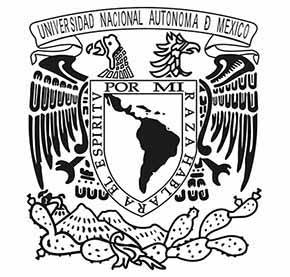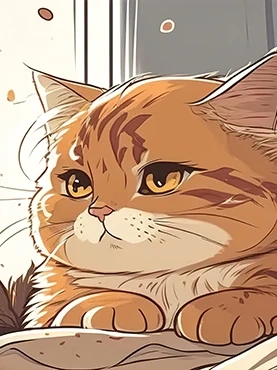General description of the workshop:
The student will learn the processes of black and white film photography in the darkroom including the use of chemicals, developing trays, and enlargers. The exercises include: building your own camera obscura, developing negatives and developing photographs.
General objetive:
Introduce the participant to laboratory work, roll development techniques and enlargement of black and white photographs. Identifying the different materials, papers and black and white rolls available in the market, as well as the different tools used in the darkroom for the creation of photographs.
Admission profile:
General public and art lovers with any 35 mm analog camera, interested in learning about the world of film photography. The workshop will be taught in English, welcoming foreigners and anyone with sufficient English to participate.
Reasons to take this course:
This course serves as foundational to an in-depth exploration of the art of photography.
Professional opportunities:
Basic tools for photographic development during a renaissance in analog photography.
Entry requirements:
The participant is required to have a 35 mm camera of any type. Sufficient English to understand and participate in the workshop.
Attedance: 80% attendance is required for accreditation.
To pass: Submit a portfolio of exercises completed throughout the course.
Materials to be acquired by the participant: A 35 mm black and white roll and an envelope of black and white photographic paper; a letter size rigid board, scissors, tape, cardboard box, aluminum foil.
I. The invention of the photography
Purpose: The student will identify the historical conditions that allowed the invention of photography
- Introduction to the course
- What is photography?
- The invention of the photography
- Pinhole photography
II.The photographic laboratory
Purpose: The student will identify and classify the instruments and materials of the photographic laboratory that will be used throughout the course
- The dry side and the wet side.
- The enlarger
- The chemists
- The watch
- The trays
III.The pinhole camera
Porpuse: The student will build a pinhole camera and take their first analog photograph using the photographic laboratory.
- Construction of the pinhole camera.
- Working with the pinhole camera.
- Developing a photograph.
IV. Developing and making a positive photograph
Porpuse: Have the participant take a photograph by contact and develop a black and white roll.
- Using the enlarger
- Chemicals
- The developing tank
- The time
V.Printing photographs
Porpuse: The student will develop a contact sheet and enlarge the chosen photographs.
- The use of chemicals
- Enlargement and editing techniques
Leonardo Pliego Eguiluz
Graduate in Communication Sciences from UNAM, he has taken courses in photography, audio, literary creation, speech and art history at 15 different study centers. At the Freire Active Center he worked for 3 years in an analog laboratory and there he became certified as a photographer. His graphic and written work has been published in books and various works. He received a scholarship from World Press Photo to pursue the Diploma in Photonarrative at the Pedro Meyer Foundation. Three of his multimedia projects have been published in ZoneZero, Círculo Rojo and El Centro Cultural Universitario Tlatelolco. He has exhibited individually and collectively in 14 exhibitions based in Mexico, Canada, Spain, Japan, Switzerland, France and Germany. His visual work was shown in the photo gallery IF Photo Studio. He is a master of Research in Design and Visual Communication FAD UNAM. He is currently studying a degree in Philosophy at UNAM. He has participated as a speaker in national and international colloquiums. He participated as a community promoter in Dinicuiti, Oaxaca. He has taught visual media courses at UNAM and the Freire Active Center. He currently teaches the subjects of Photography, Audio Design and Information on the Web at the Facultad de Estudios Superiores Acatlán.
Number for hours:
Class mode:
Campus:
Start date:
End date:
Sessions:
Cost for national participants:
Cost for foreign participants:
Professor:
Minimum quota:
Level:
Basic
LOS MÁS BUSCADOS
Curaduría, museografía y gestión de exposiciones
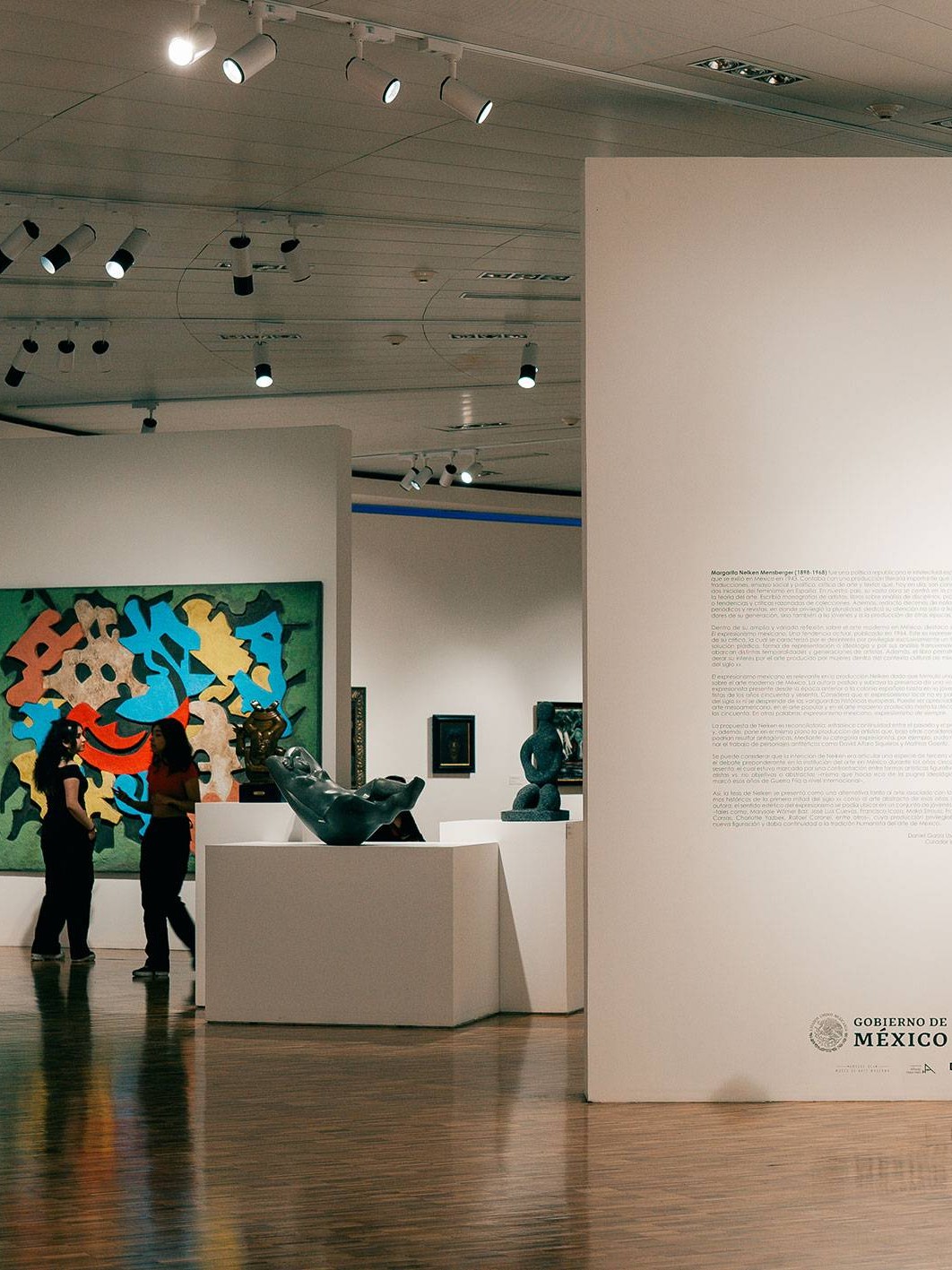
Diseño y desarrollo web
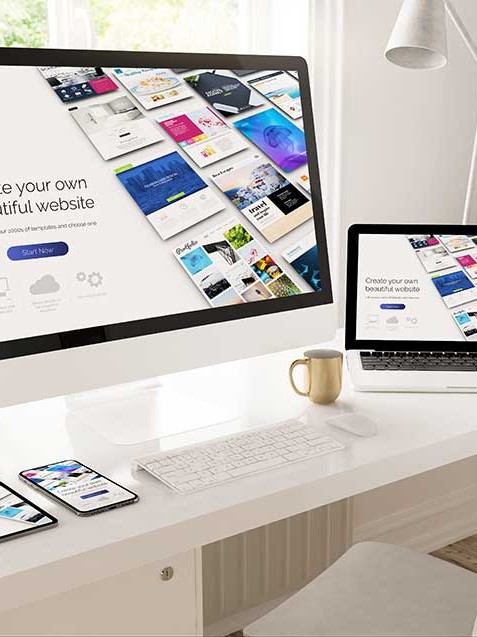
Motion graphics. Animación con After Effects y 3D Maya para cine y televisión
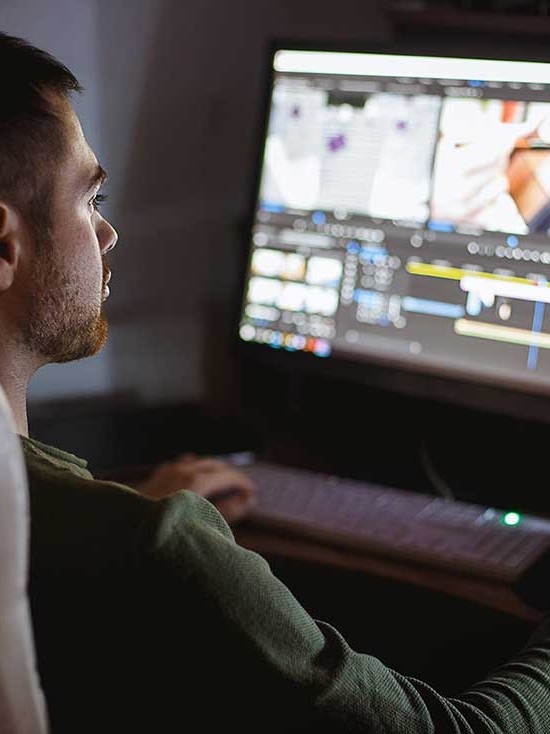
Postproducción, 3D y VFX
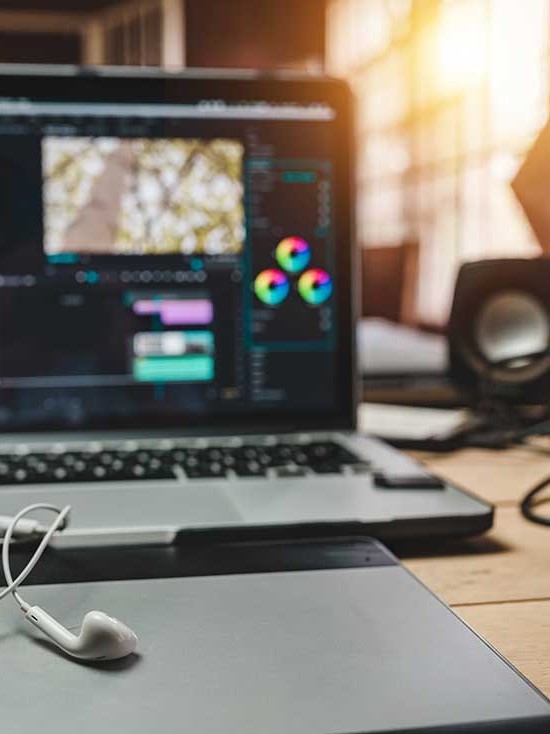
Animación stop motion.
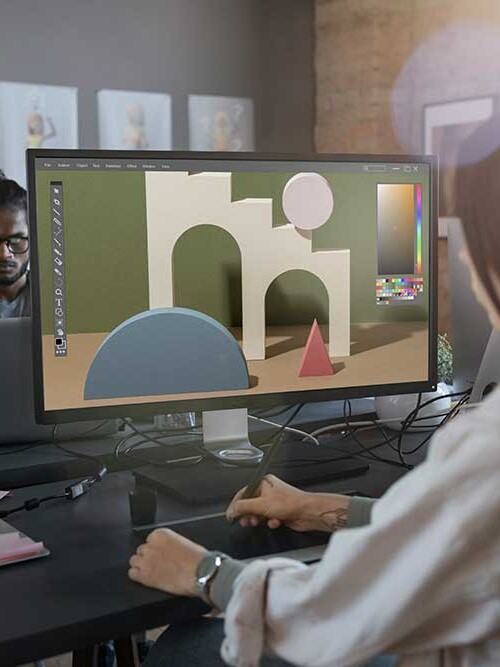
Creación de proyectos y administración de organizaciones artísticas y culturales
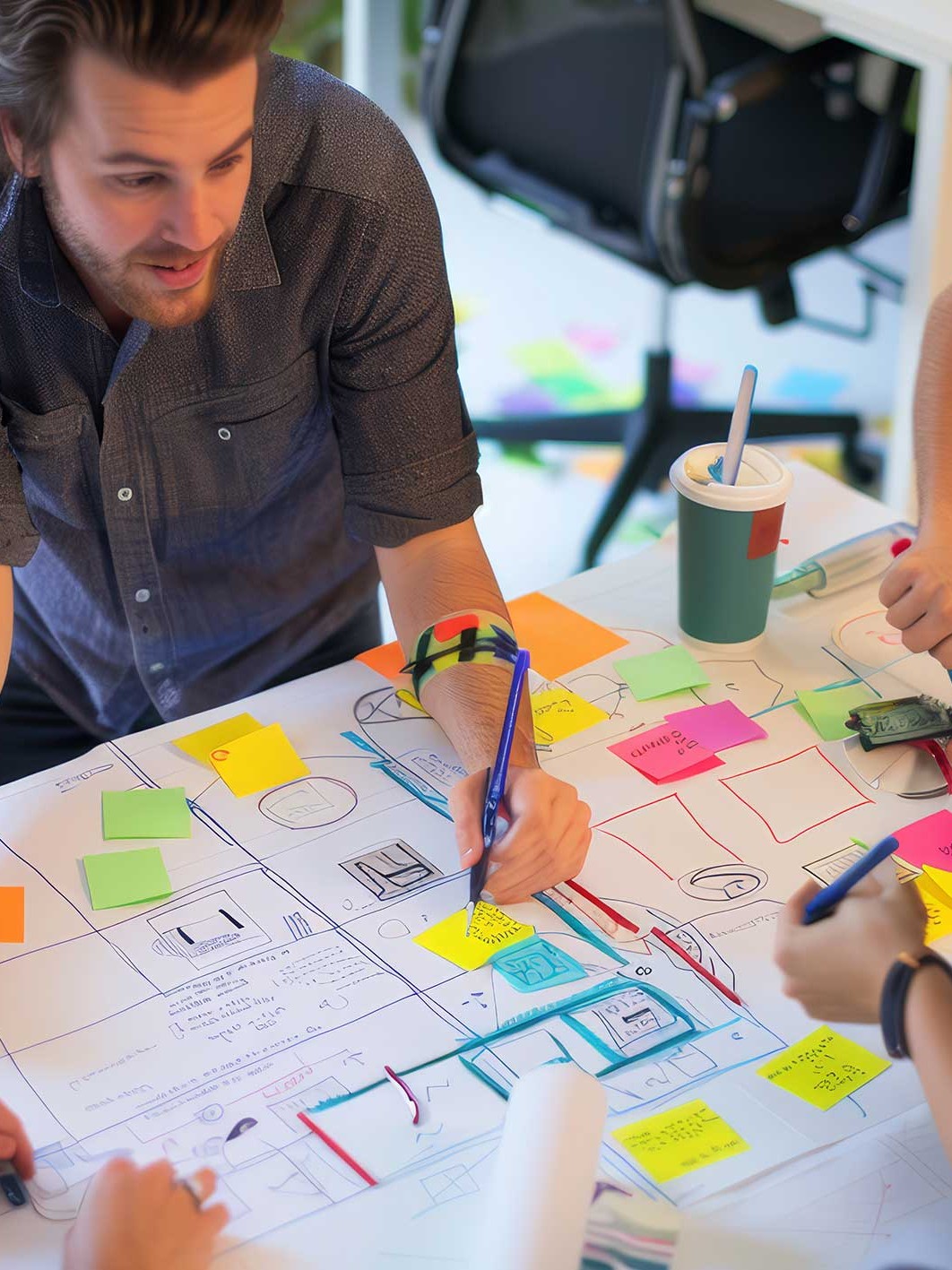
Gestión de proyectos en la industria creativa
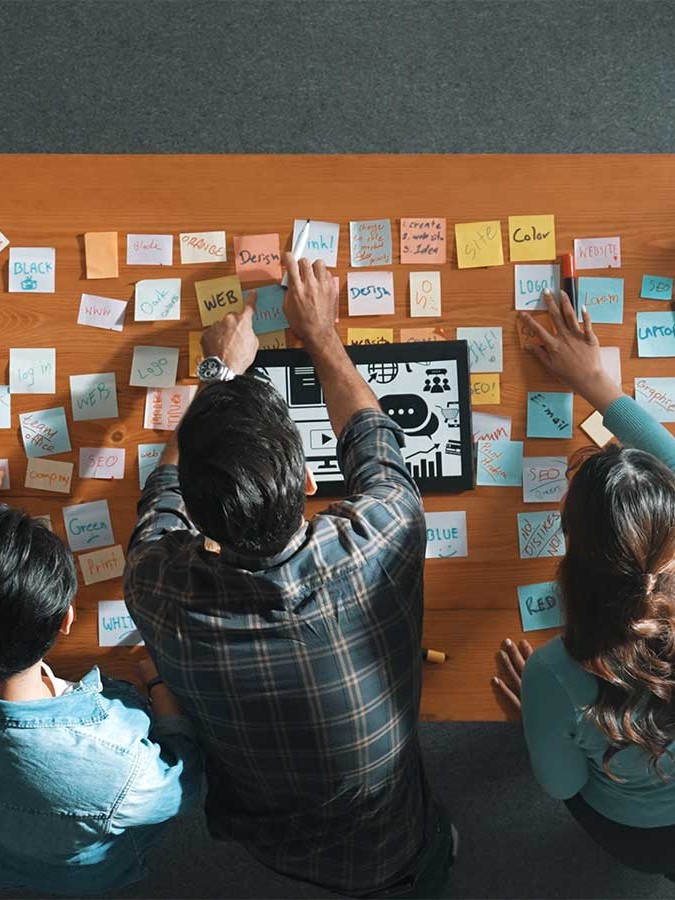
Presupuestos y cotizaciones en artes y diseño

Libro álbum ilustrado silente con apoyo de técnicas experimentales
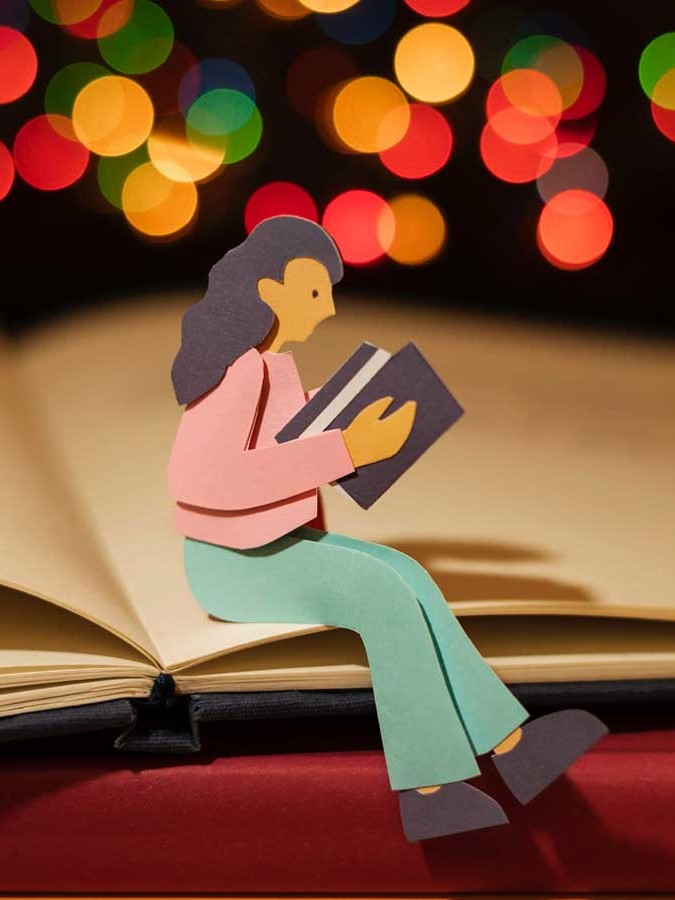
Creación de producto y ambientes 3D con salida a Realidad Virtual en Unreal Engine
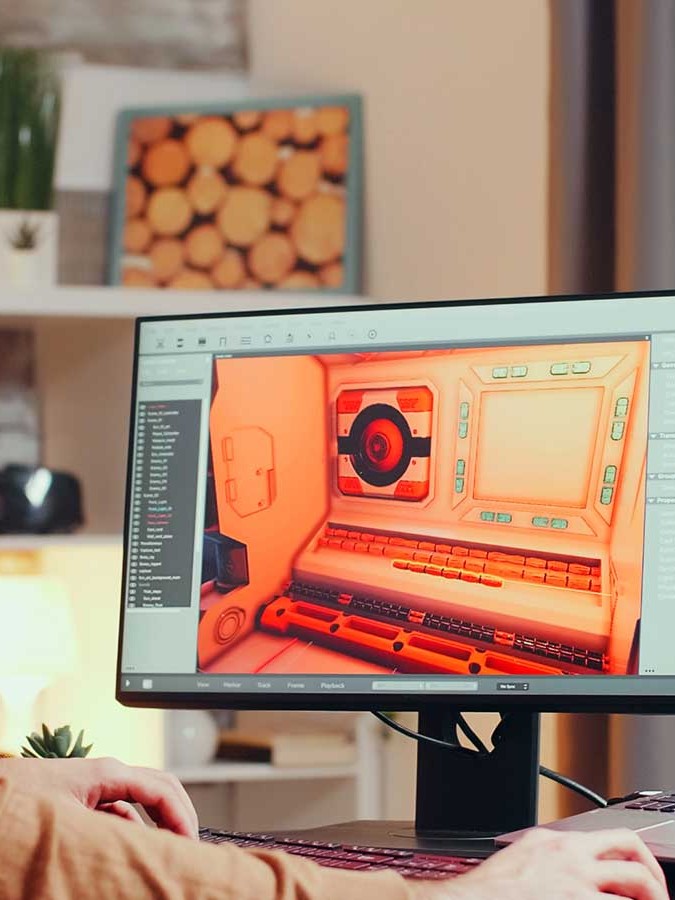
Realidad virtual y aumentada asistida con inteligencia artificial

LO NUEVO
CONTACTO
55 9197 3434
educacion.continua@fad.unam.mx
55 5522 3102 y 55 5522 0630 ext. 224
educacion.continua.aasc@fad.unam.mx
01 762 622 3690
coordinacion.taxco@fad.unam.mx
talleres.educacioncontinua@fad.unam.mx
